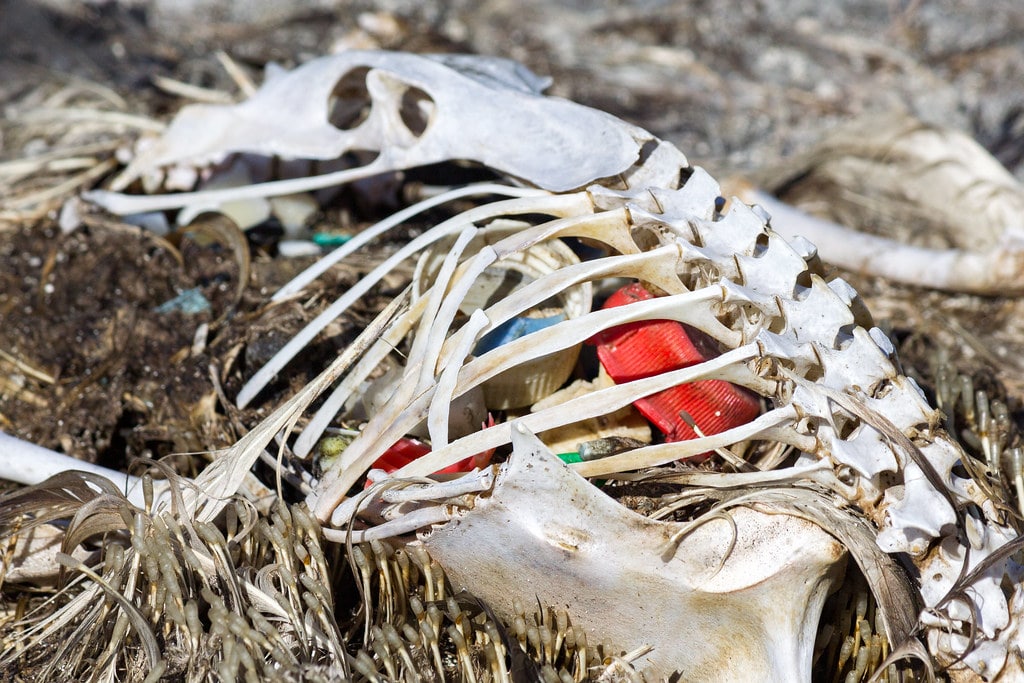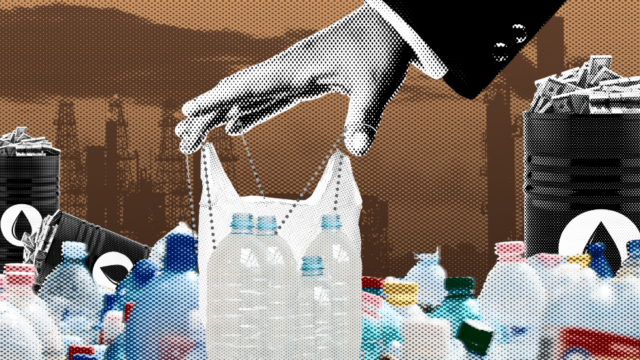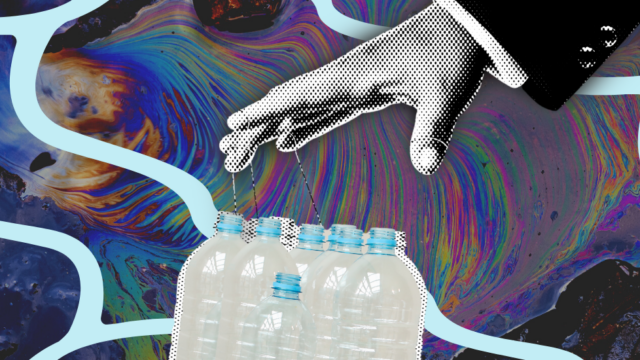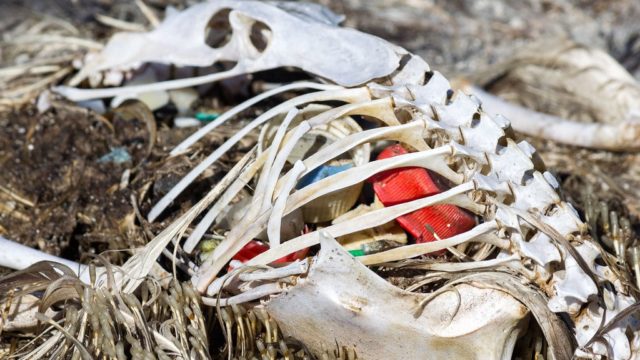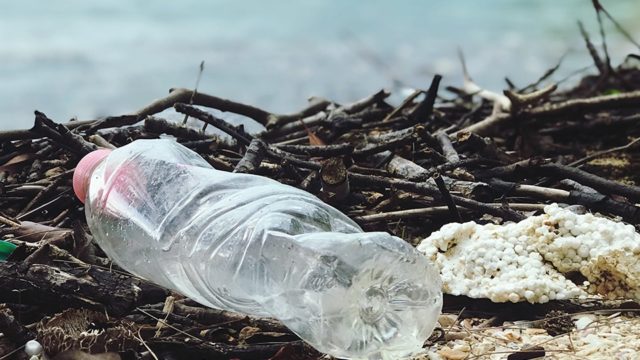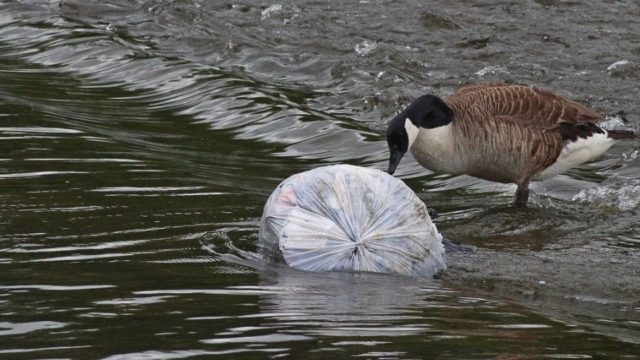In May 2021, the federal government added plastic manufactured items as a toxic substance under Canada’s primary environmental law – the Canadian Environmental Protection Act (CEPA). This is a critical first step towards combatting the growing crisis of plastic pollution.
About 3.3 million tonnes of plastic are discarded in Canada each year, and only 9 per cent — about 305,000 tonnes — is recycled. The remainder ends up in landfills, incinerated, or finds its way into rivers, lakes and oceans. At our current dump rate, there will be more plastics in the oceans than fish by 2050.
Plastic pollution – and efforts to clean it up – comes with a high price tag. The plastic we throw away represents about $8 billion in lost revenue every year. It is estimated that the cost of cleaning up plastic pollution in the Great Lakes area alone (U.S. and Canada) is about $468 million a year.
Plastics are a harmful pollutant that burden our economy and threaten the health of our environment including our wildlife, rivers, lakes and oceans. Listing plastics as a toxic substance under CEPA enables the government to make regulations that will help mitigate environmental and health concerns at every stage of the plastics life cycle, including banning harmful single-use plastics, establishing recycled content requirements, and expanding extended producer responsibility.
Despite the overwhelming evidence of the harms posed by plastics pollution, a coalition of Canada’s largest plastics manufacturers has since decided to challenge the government’s decision with a lawsuit.
In March 2023, we went to court on behalf of Oceana Canada and Environmental Defence, fighting to protect and uphold the government’s ability to regulate plastic pollution.
In November 2023, the Federal Court ruled the Government of Canada acted outside its authority when it designated plastic manufactured items as ‘toxic’ under Schedule 1 of CEPA. The government is appealing this decision to the Federal Court of Appeal. A coalition comprised of the Canadian Association of Physicians for the Environment, David Suzuki Foundation, Environmental Defence Canada, Greenpeace Canada, and Oceana Canada, represented by lawyers from Ecojustice, has been granted leave to intervene in the appeal.

